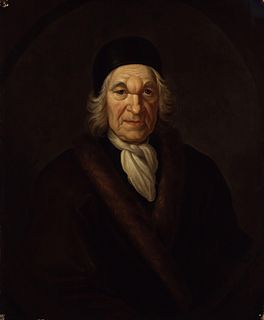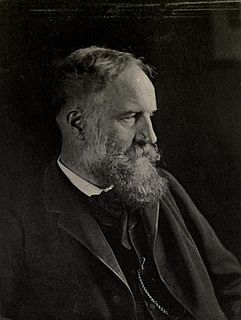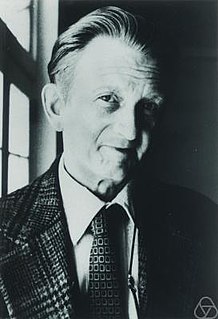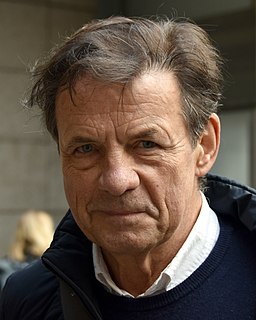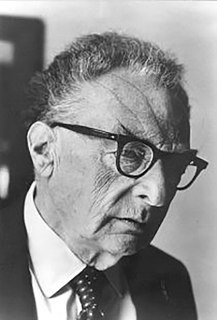A Quote by Charles de Saint-Évremond
There is as much ingenuity in making an felicitous application of an passage as in being the author of it.
Related Quotes
What enriches language is its being handled and exploited by beautiful minds-not so much by making innovations as by expanding it through more vigorous and varied applications, by extending it and deploying it. It is not words that they contribute: what they do is enrich their words, deepen their meanings and tie down their usage; they teach it unaccustomed rhythms, prudently though and with ingenuity.
The rhythm of walking generates a kind of rhythm of thinking, and the passage through a landscape echoes or stimulates the passage through a series of thoughts. The creates an odd consonance between
internal and external passage, one that suggests that the mind is also a landscape of sorts and that walking is one way to traverse it. A new thought often seems like a feature of the landscape that was
there all along, as though thinking were traveling rather than making.
